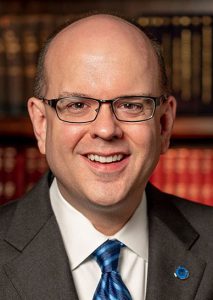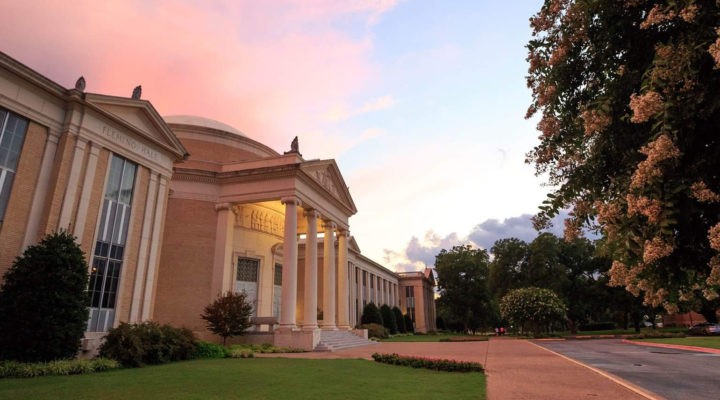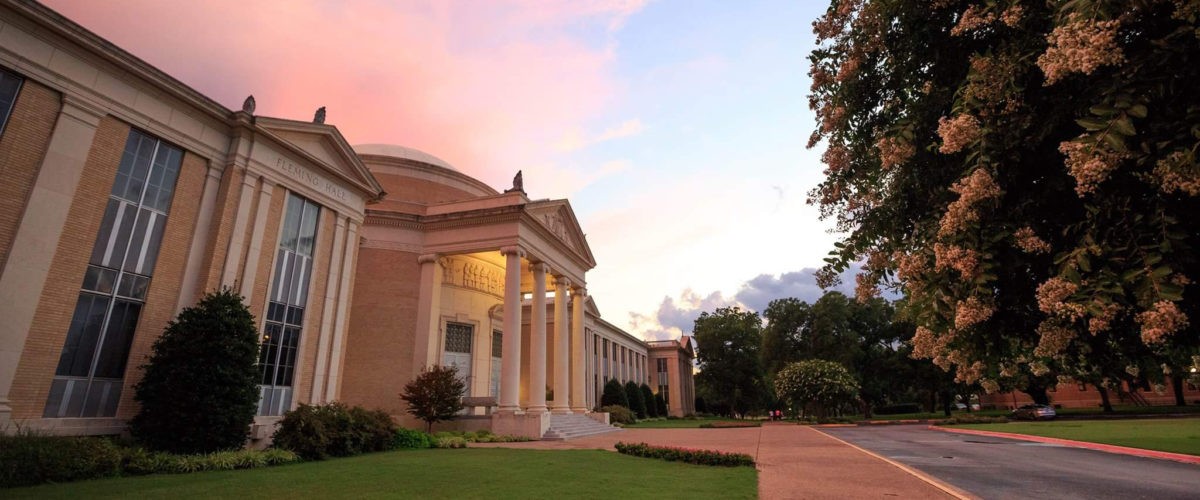Southwestern Baptist Theological Seminary filed a motion in U.S. District Court April 18 asking for the lawsuit brought against it by Adam Greenway to be dismissed for lack of jurisdiction.
On March 20, the seminary’s former president filed suit against the school and former trustee Chairman Danny Roberts, seeking unspecified compensation for defamation of character that has left him unemployable. He has demanded a jury trial to recoup “past and future economic loss including lost wages” plus attorney fees.
Now, the seminary has responded with a legal filing saying secular courts may not intervene in such employment matters with churches and church-related institutions, appealing to a legal precedent known as the ecclesial abstention doctrine.

Adam Greenway
“It has long been the law that civil courts do not have subject-matter jurisdiction to adjudicate ecclesiastical disputes. The First Amendment’s Establishment Clause and the ecclesiastical abstention doctrine preclude courts from deciding matters relating to church governance, church discipline and theological controversy,” the seminary’s response says.
It quotes previous court rulings to emphasize that “investigations that relate to the character and conduct of church leaders are inherently ecclesiastical and therefore not suitable for the courts.
In this case, Greenway “easily meets the criteria of a ‘minister,’” the brief says. “Defendants move to dismiss plaintiff’s complaint on the basis that the First Amendment, ecclesiastical abstention doctrine, and ministerial exception prohibit this court from exercising subject-matter jurisdiction over plaintiff’s claims.”
Should the court not agree to dismiss the case on those grounds, there’s a second reason to dismiss, the brief asserts.
Greenway “has failed to allege a breach of the parties’ Settlement Agreement,” it says.
That agreement included a requirement that the seminary issue an agreed-upon joint statement about the president’s departure. Greenway believes the statement should have been posted on the seminary website. The seminary says it issued the statement to Baptist Press, the denominational news service, which decided not to publish it.
Further, the seminary says Greenway has not demonstrated any “specific false or disparaging statement” made by Roberts about Greenway.
The brief continues: “Finally, plaintiff alleges that defendants defamed him through a litany of statements regarding the end of his tenure at the seminary and his stewardship. Even if these allegations are not covered by the First Amendment, ecclesiastical abstention doctrine, or ministerial exception, the alleged statements are clearly non-actionable statements of opinion or are not capable of a defamatory meaning.”
The ecclesial abstention doctrine has played a starring role in several other high-profile lawsuits related to the Southern Baptist Convention lately. Most notable is the defamation suit brought against the North American Mission Board by Will McRaney. A primary difference between McRaney’s case and Greenway’s case, however, is that McRaney was not an employee of NAMB, while Greeenway was an employee of Southwestern Seminary.
Related articles:
Greenway asks Southwestern for $5 million and officials reply, ‘See you in court’
Southwestern trustees told previous administration made ‘imprudent’ and ‘unwise’ financial decisions
Confirmed: Greenway out at Southwestern Seminary


